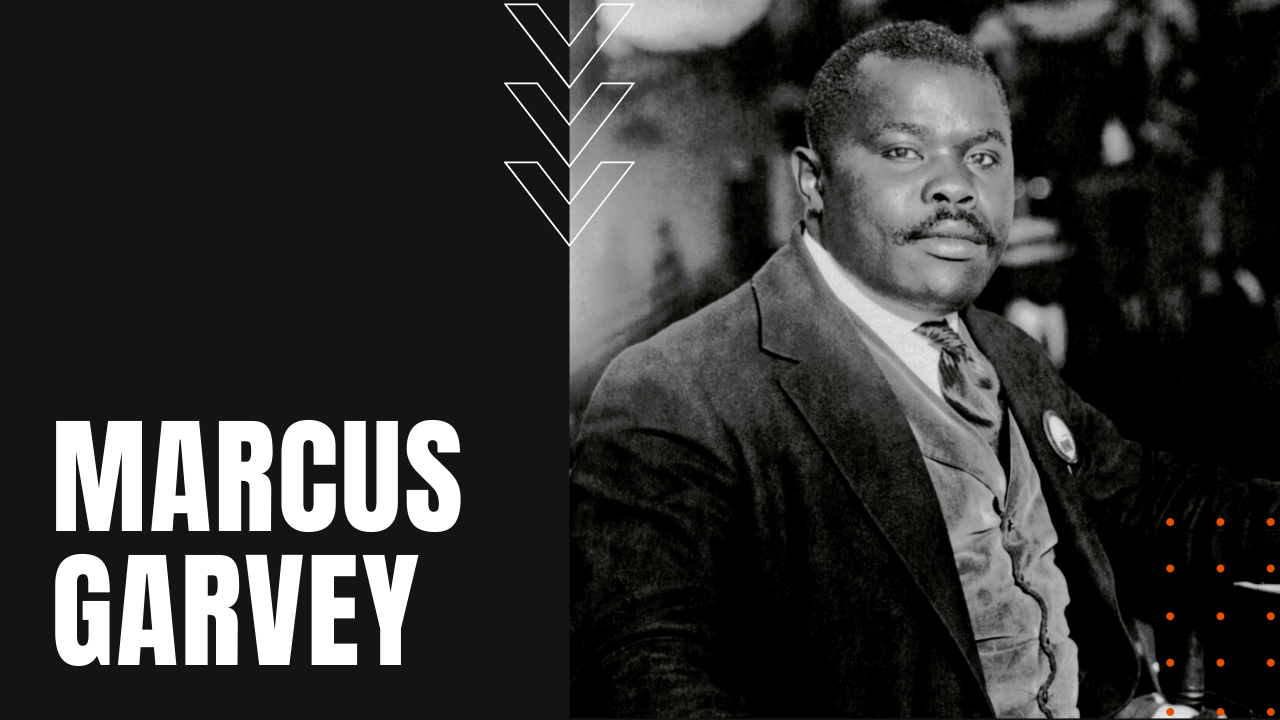Marcus Garvey: A Philosophy of Action Towards Black Equality

Born in 1887 St. Ann’s Bay Jamaica, Marcus Moziah Garvey would grow up to study law and philosophy in 1914 at the University of London’s Birkbeck College, at the same time starting the Universal Negro Improvement Association following his correspondence with Booker T. Washington.
Considered one of the earliest civil rights voices for Black equality, two years later, Garvey sailed to New York City, where he embarked on a 38-city speaking tour, while authoring the “Declaration of Rights of the Negro Peoples of the World,” which was adopted at the 1920 convention of the Universal Negro Improvement Association held at Madison Square Garden.
The Philosophy and Opinions of Marcus Garvey
In many of his lectures, Garvey stressed his point that “If you want liberty, you yourselves must strike the blow. If you must be free, you must become so through your own effort … Until you produce what the white man has produced, you will not be his equal.”
Settling in Harlem, Garvey became the publisher of a newspaper called Negro World, growing increasingly militant as he questioned how a nation could call itself a democracy while oppressing and segregating African Americans.
Black Star Line
Under the auspices of his now 4-million-member Universal Negro Improvement Association, Garvey and his colleagues created a shipping company called Black Star Line, purchasing the S.S. Yarmouth before rechristening the vessel the S.S. Frederick Douglass.
Among other things, Garvey’s vision for the Black Star Line was to ferry former African American slaves and their descendants to his “African Redemption” or “Back to Africa” campaign, which he hoped to establish in present-day Liberia, yet his radical activism soon made him a target of the Bureau of Investigation, after J. Edgar Hoover labeled him a “notorious negro agitator.”
Marcus Garvey Imprisoned
In 1923, Garvey was found guilty to a largely trumped-up charge of mail fraud related to his Black Star Line, serving out his sentence in Atlanta, where he penned his now-famous “First Message to the Negroes of the World from Atlanta Prison.”
Following his release in 1928, Garvey set sail for Geneva Switzerland, where he gave a speech on equal rights and the abuse of Black people to the League of Nations, eventually returning to Jamaica to form the People’s Political Party, which became the Jamaica’s first modern political organization focused on the rights of workers and the poor.
How Did Marcus Garvey Die?
Garvey returned to London in 1935, passing away five years later after complications following a series of strokes. Buried in a cemetery in Kensal Green, London due to the outbreak of World War Two, his remains were exhumed and reburied within the National Heroes Park in Kingston Jamaica in 1964, making Marcus Garvey one of the first defiant voices in the ongoing press for racial equality.
